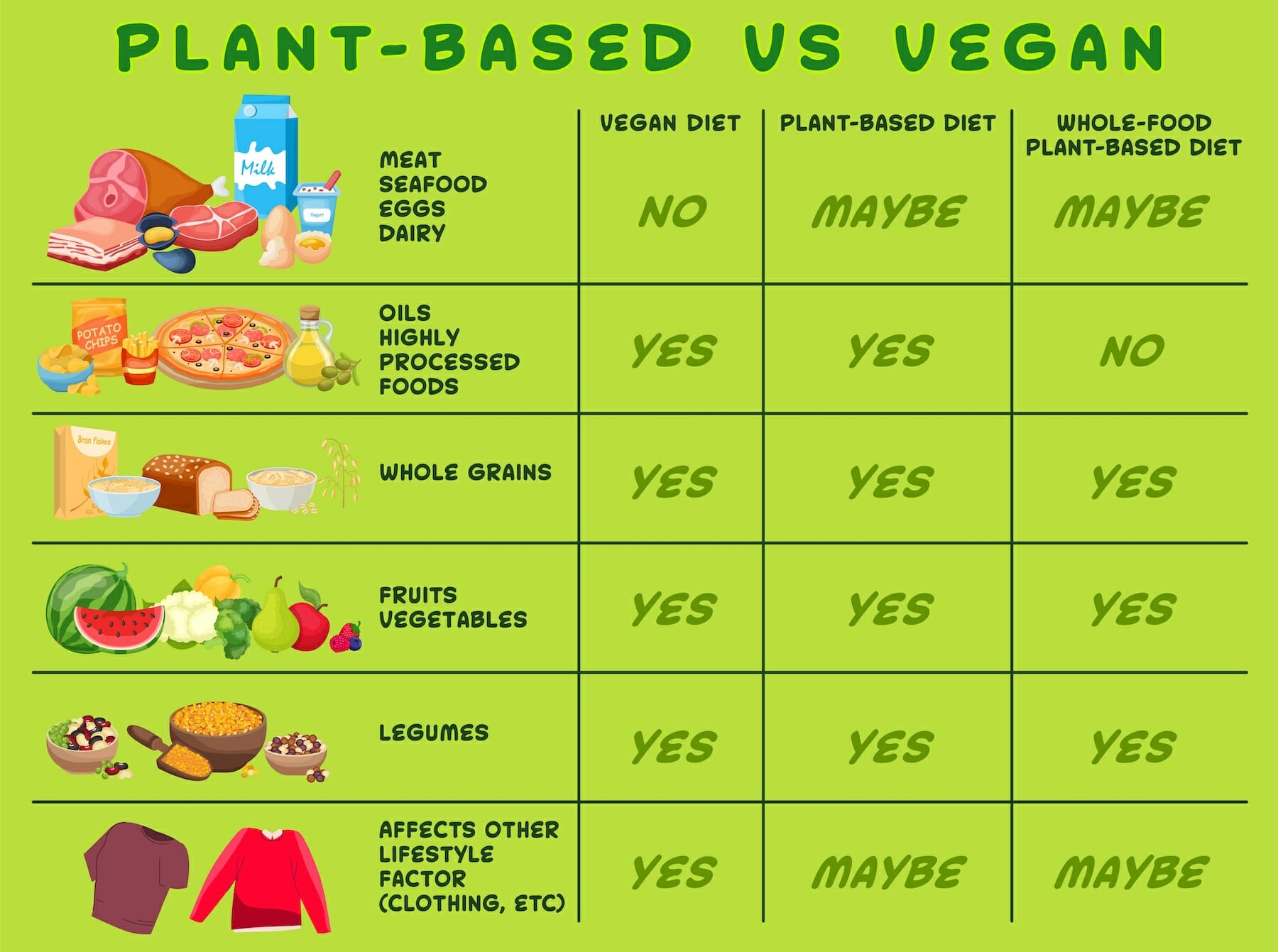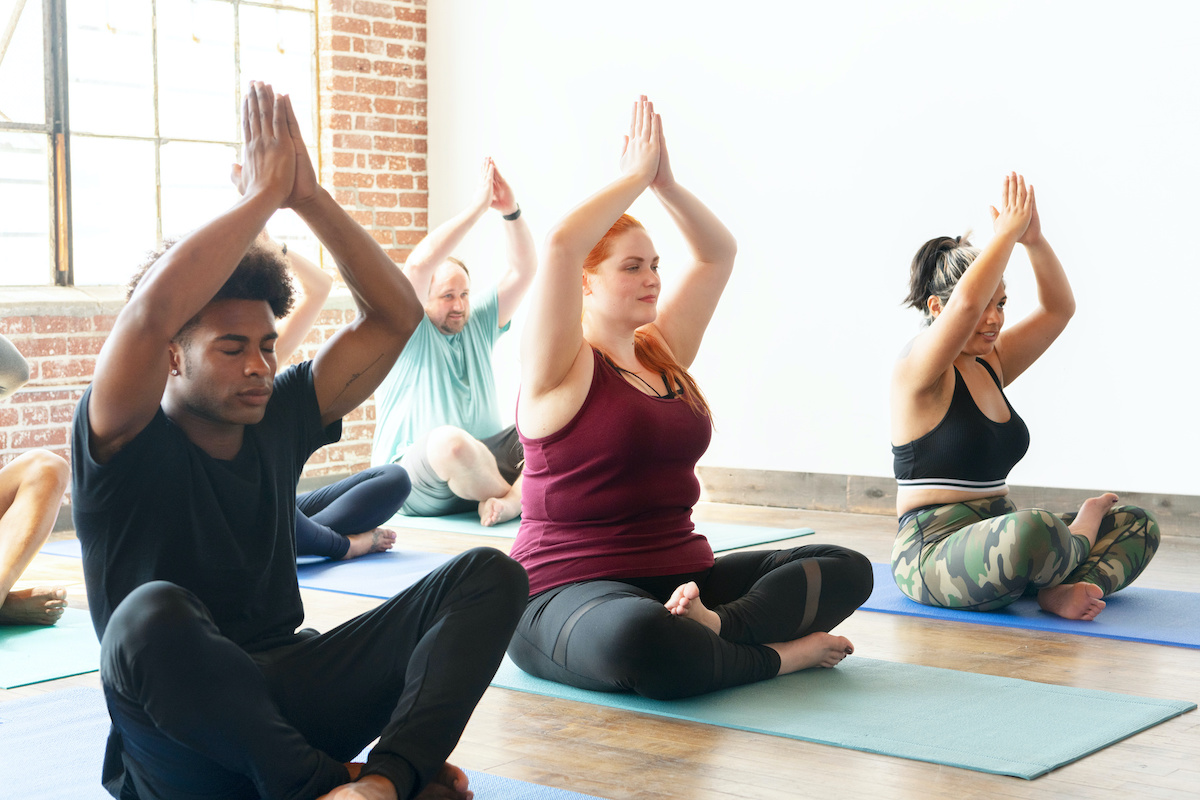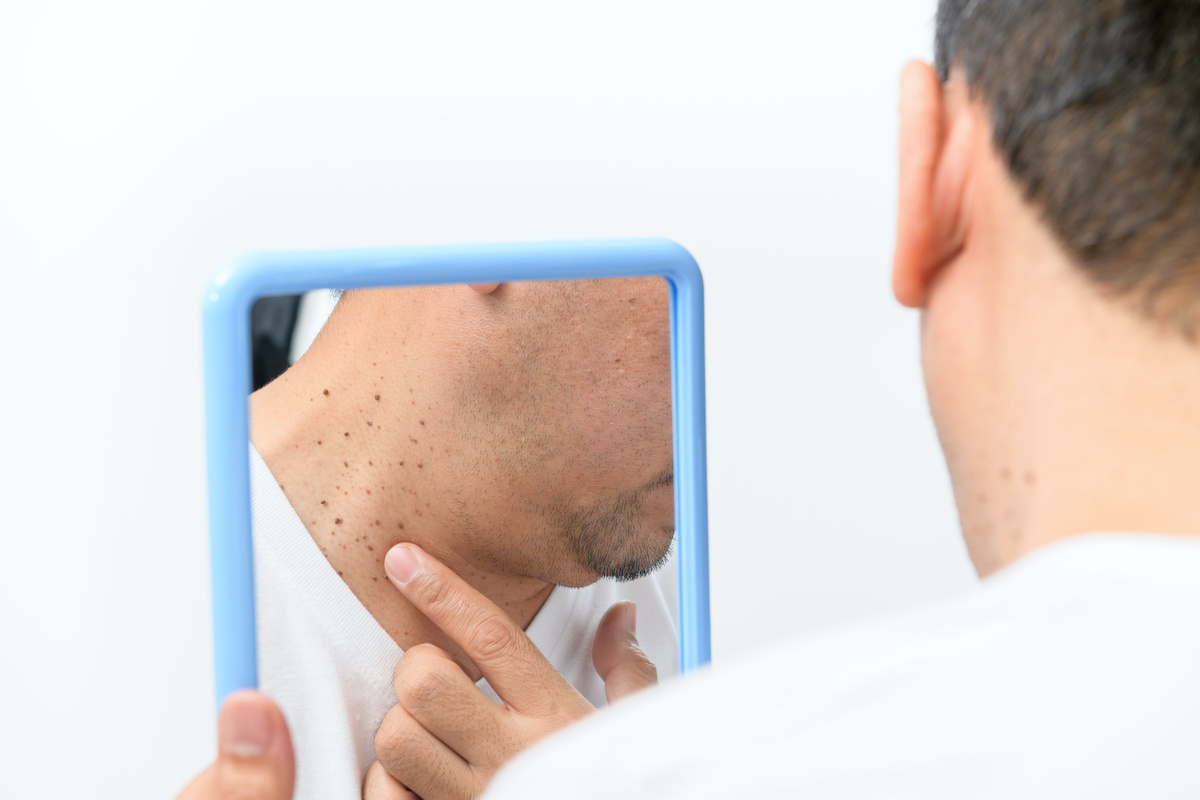
By Jane Chertoff
Thinking about giving up meat and adopting a vegetarian or vegan diet? Whether you stop eating meat for environmental reasons or for the health benefits, here’s more information about going meatless.
Approximately 5 percent of the United States population is vegetarian, and around 2 percent is vegan. That might seem like a small percentage, but more and more people are giving up meat for certain meals or days of the week.
But what exactly are the differences between a vegetarian and vegan? Here’s more information and a look at the health benefits of each.
What is a vegetarian?
Vegetarians typically don’t eat meat, poultry, or fish. The vegetarian diet consists of:
- fruits
- vegetables
- grains
- eggs
- dairy products
But there are different types of vegetarian diets. Here’s a look at them:
| Type of vegetarian | Diet restrictions |
| lacto-vegetarians | don’t eat eggs, but eat dairy products like milk, cheese, yogurt, and butter |
| ovo-vegetarians | don’t eat any dairy products, but eat eggs |
| lacto-ovo vegetarians | don’t eat meat, fish, or poultry, but eat dairy products and eggs |
| pescatarians | don’t eat beef or poultry, but eat fish |
| pollotarians | don’t eat red meat, but eat poultry |
What is a vegan?
A vegan diet is similar to a vegetarian diet, but vegans don’t eat any:
- meat
- poultry
- fish
- eggs
- dairy products
Vegans may also avoid using or buying any products made from animals, including:
- leather
- fur
- silk
- wool
- cosmetics
- soaps
- honey
What are the health benefits of a vegetarian diet?
Following a vegetarian diet may offer health benefits, including a lower risk of:
- obesity
- coronary heart disease
- high blood pressure
- diabetes
- some forms of cancer
What are the health benefits of a vegan diet?
According to the American Journal of Clinical Nutrition, vegan diets may contain lower amounts of saturated fat and higher amounts of cholesterol and dietary fiber, compared to vegetarian diets.
Vegans also tend to:
- be thinner
- have lower serum cholesterol
- have lower blood pressure
- have a lower risk for heart disease
On the other hand, vegans are at risk for some nutritional deficiencies. Ask your doctor if you’ll need vitamins or other supplements.
Can you get enough protein on a vegetarian or vegan diet? Getting enough protein as a vegetarian or vegan is important for a number of reasons.
According to the Mayo Clinic, protein helps you maintain healthy:
- skin
- bones
- muscles
- organs
Healthy vegetarian and vegan sources of protein include:
- tofu
- lentils
- beans
- chickpeas
- peanut butter
- almonds
How to stay healthy on a vegetarian or vegan diet: If you’re thinking about going vegetarian or vegan, it’s important to eat a balanced diet. Foods like pizza, French fries, and spaghetti are meatless, but might not be the healthiest options.
Don’t eat too many sweets or processed foods. Try to eat whole grains instead of refined bread, cereal, and pasta. Eat lots of vegetables and fruits. Be sure to include sources of protein like beans and tofu in your meals every day.
Where can you find vegetarian or vegan food?
You can usually find plenty of healthy vegetarian and vegan options at any grocery or health food store. When dining out, try looking to vegetarian- and vegan-friendly cuisines. You may find more options on menus at Chinese, Thai, and Indian restaurants.
Next steps
If you’re thinking about becoming vegetarian or vegan, be sure to include plenty of fruits, vegetables, whole grains, and protein in your diet each day. Look to vegetarian- and vegan-friendly cuisines for recipe inspiration. With a healthy diet, you’ll likely get all the nutrients you need from food. But you still might want to ask your doctor if you’ll need to take a multivitamin or other supplements to make up for any deficiencies.
Source: www.healthline.com/health/food-nutrition/vegetarian-vs-vegan








